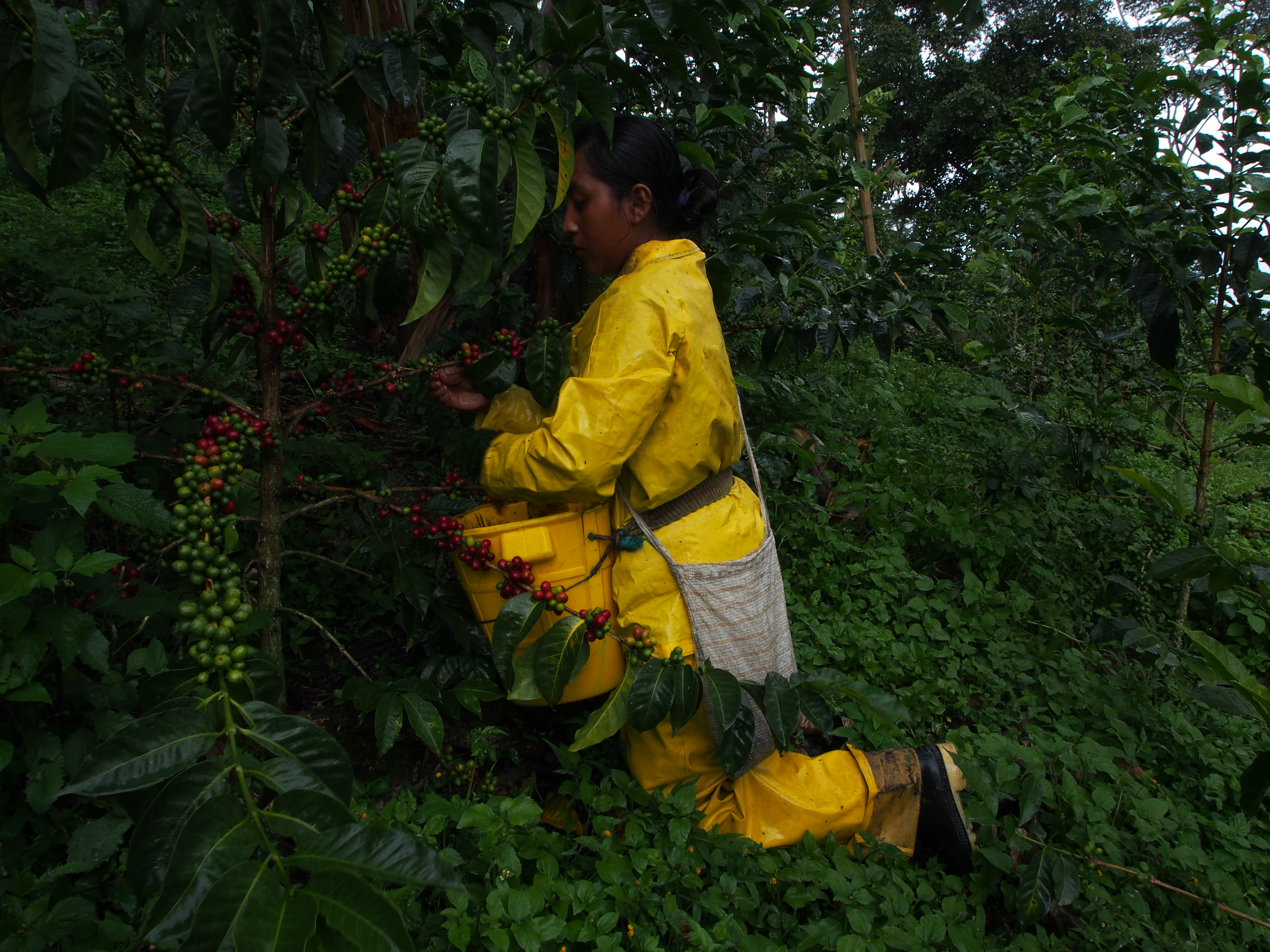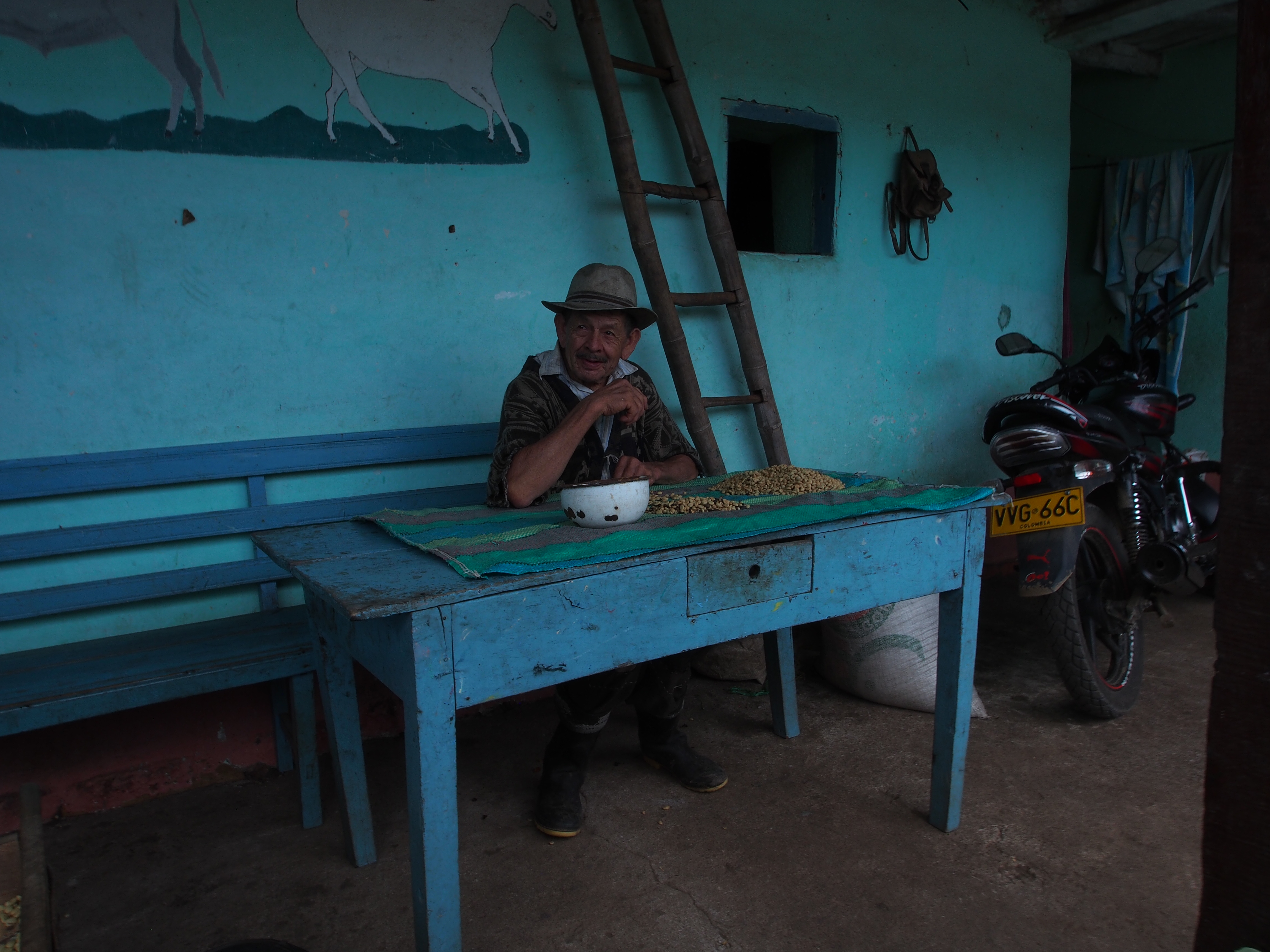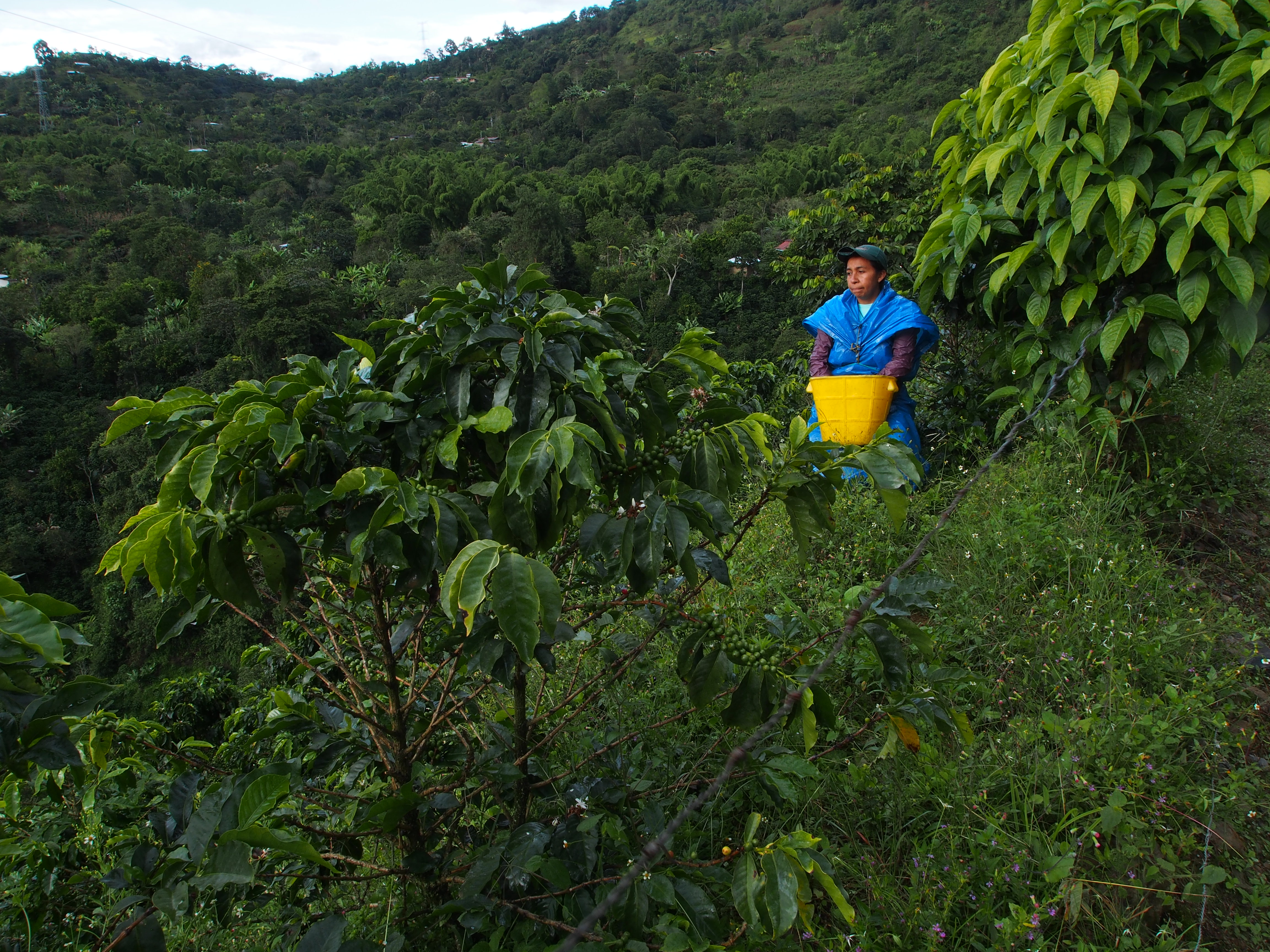Part 2: Farmgate, FOB, EXW, and Beyond—Terms for Pricing and the Factors that Complicate Them
When people in the coffee industry talk about green coffee pricing, they use a variety of terms that can often cloud how much buyers actually pay for coffee at various stages of the supply chain. Because no official term acts as a standard point of discussion, it’s important to unpack these terms and the context they require for proper discussion and build a shared lexicon with your importer.
The main terms used for coffee prices are farmgate, FOB, and EXW, which refer to prices paid at different points in the supply chain.

Farmgate price is a general term for what the farmer actually makes on the coffee after the exporter takes their cut. When accurate and based on solid data, this number is helpful in understanding whether or not producers are making ends meet, but unfortunately there are no official standard for determining farmgate price—often, when you ask people for the farmgate price of a coffee, the answer you get is actually the FOB price (defined below) inaccurately framed as the price the farmer got paid, or a general estimate based on an adjusted FOB, which can present various levels of accuracy about what farmers are actually making.
Unfortunately, since this isn’t standardized, asking for farmgate price doesn’t guarantee that you’re getting a number accurate to what the farmer made—much less once you factor in context of cost of production (which we’ll cover later in this series). For this reason, it’s critical to build a shared lexicon with your importer and make sure you’re having the same conversation.

FOB price stands for the free on board price, which means the price of the coffee at the time when it’s delivered to the boat at the port of origin and ready to ship. This is the most commonly used payment term between importers and roasters, but it doesn’t tell you how much the farmer got paid, nor does it tell you about costs incurred by the importer once the coffee lands.

EXW price stands for the ex-warehouse price, which means the price when the coffee gets delivered to the warehouse in the country of consumption. Between the port of origin and the warehouse, the coffee has to land at the port, go through customs, and enter the warehouse. Since each of these processes costs money, the ex-warehouse price is higher than the FOB, further from what the farmer got paid but slightly closer to an actual cost estimate for the importer.

Each of these terms constitutes an important piece of the coffee pricing puzzle. If someone gives you a farmgate price, do you know what their process is for determining that number? The accuracy of their answer hinges on this question. Or, if you know the FOB but not the EXW, you may not have a good idea of how much warehousing and domestic transit costs affect smaller trading companies as opposed to giant multinationals. This, too, is an important piece of the puzzle of how much the producer got paid and how those costs echo up the supply chain.
To learn more about the complexities of coffee pricing, take a look at Part 1 and stay tuned for parts 3, 4, and 5, which will cover the importance of cost of production in coffee pricing, the diversity of purchasing models and the influence they have on cost, and how to ask an importer the right questions to make sure your purchases fit your values.
By: RJ Joseph
